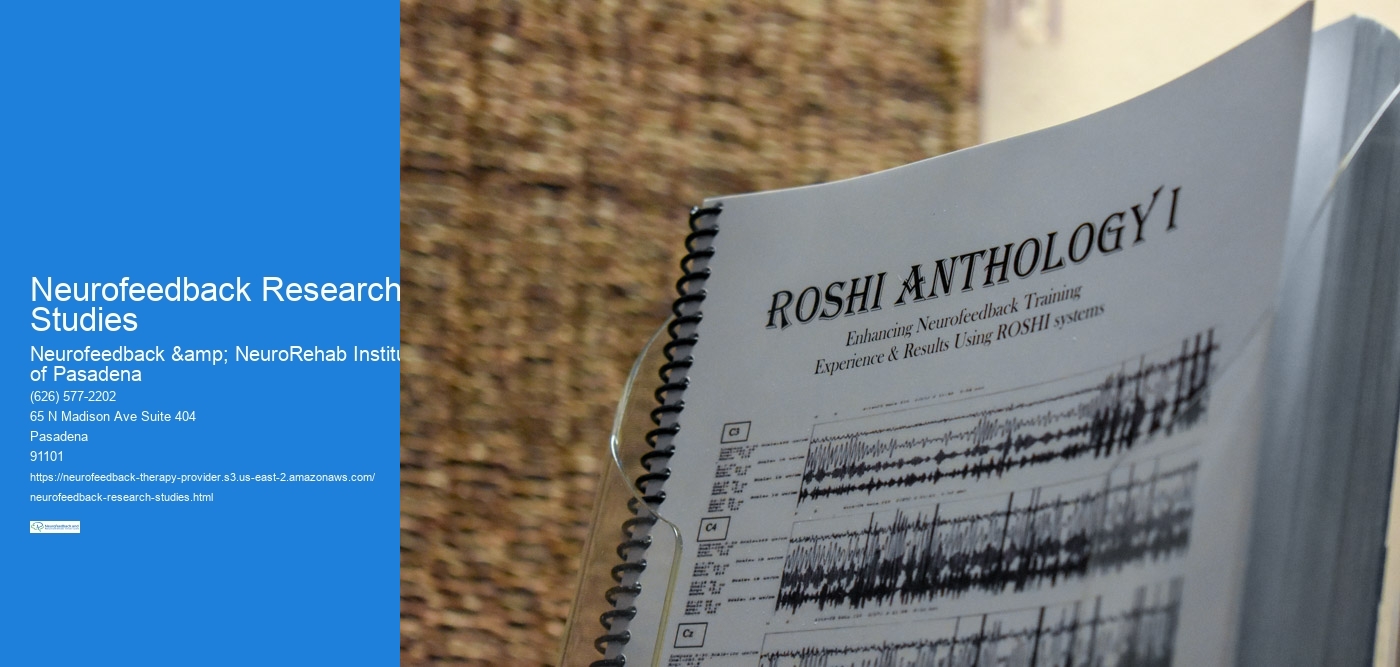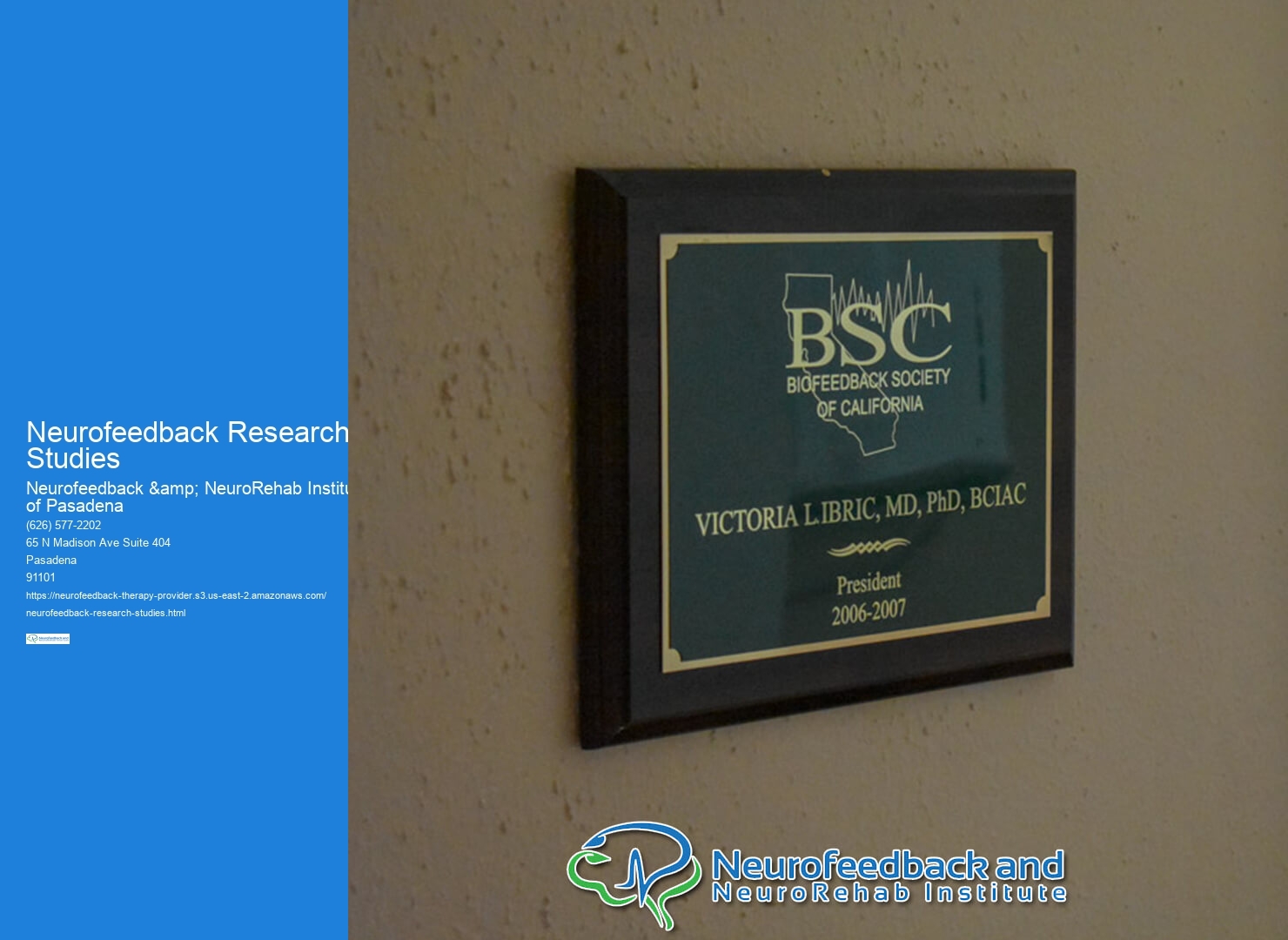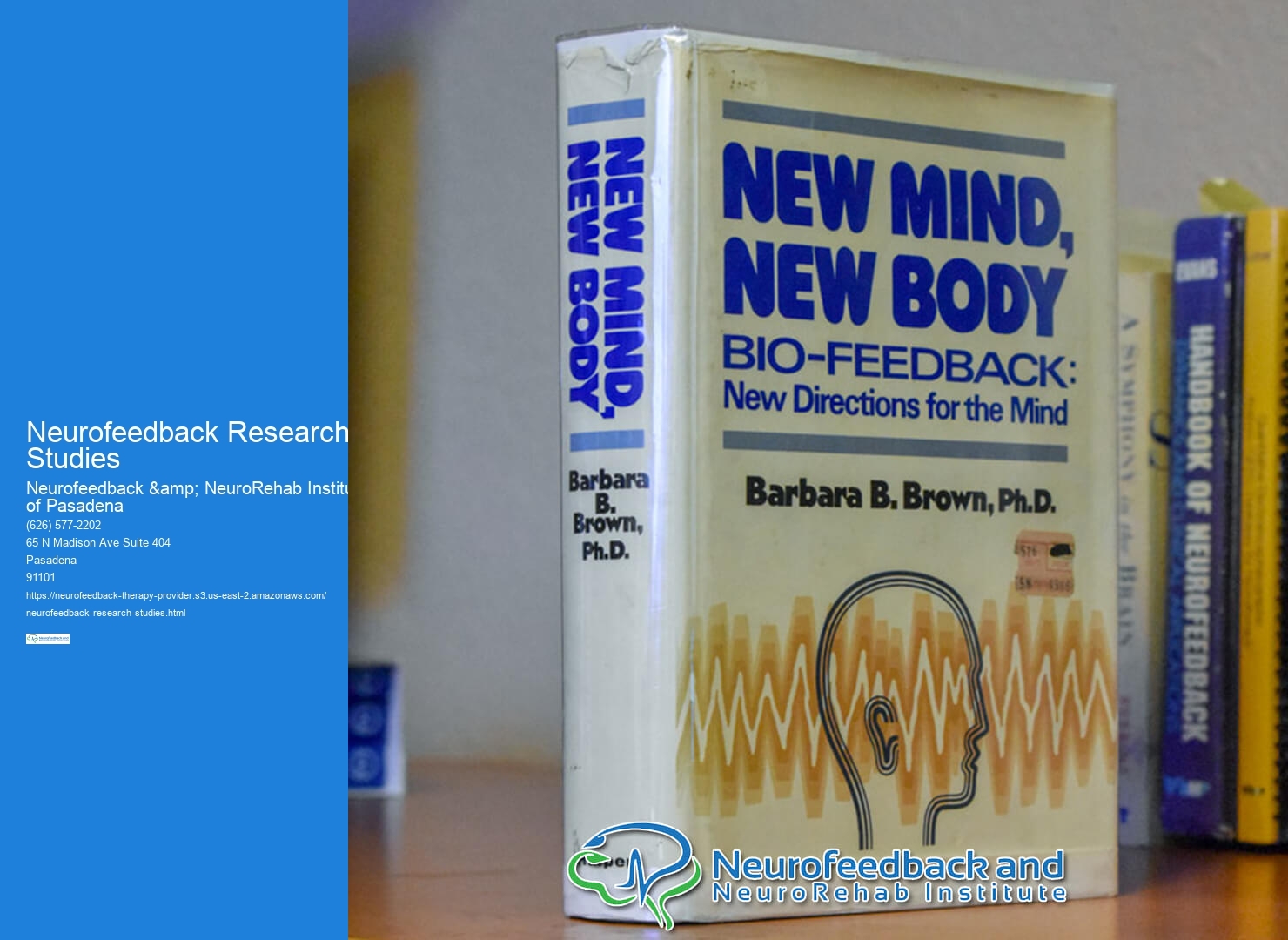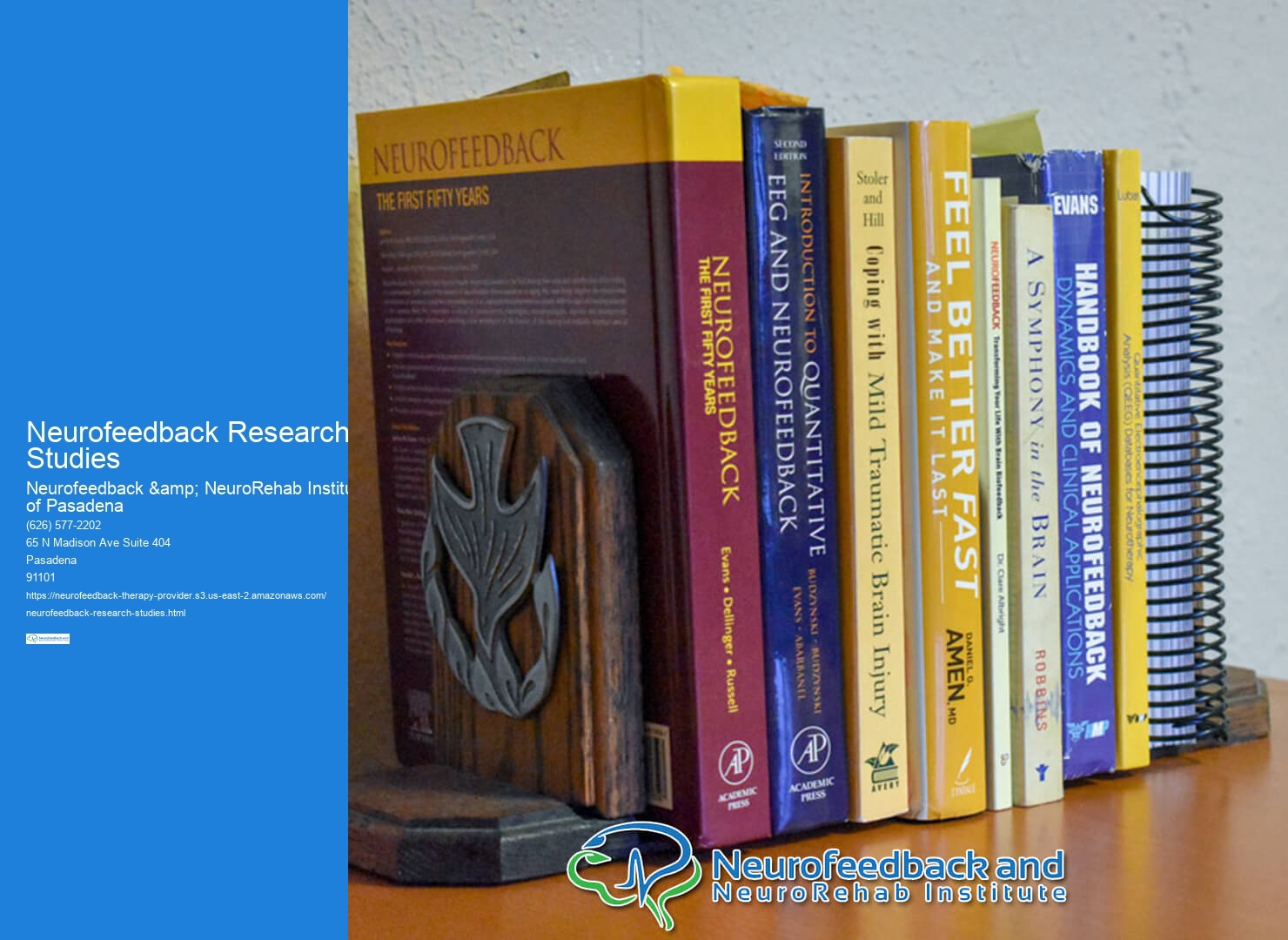

Neurofeedback has been shown to impact brainwave patterns in individuals with ADHD by helping them regulate and normalize their brain activity. Through neurofeedback training, individuals with ADHD can learn to self-regulate their brainwave patterns, particularly in the theta and beta frequency bands, which are often associated with attention and focus. By providing real-time feedback on brainwave activity, neurofeedback helps individuals with ADHD learn to increase beta wave activity while decreasing theta wave activity, leading to improved attention and impulse control.
The potential benefits of neurofeedback for treating anxiety and stress-related disorders are significant. Brain Training Specialist Neurofeedback training can help individuals learn to regulate their brainwave patterns, particularly in the alpha and beta frequency bands, which are associated with relaxation and stress reduction. By providing real-time feedback on brainwave activity, neurofeedback can help individuals reduce excessive beta wave activity associated with anxiety and increase alpha wave activity associated with relaxation, leading to reduced anxiety and stress levels.
Neurofeedback training has shown promise in improving cognitive function and memory in older adults. By targeting specific brainwave patterns associated with memory and cognitive function, such as the gamma and theta frequency bands, neurofeedback can help older adults enhance their cognitive abilities and memory retention. Through repeated neurofeedback sessions, older adults can learn to modulate their brainwave patterns, leading to improved cognitive function and memory performance.
Biofeedback Training Center
Research on the effectiveness of neurofeedback for treating PTSD symptoms has demonstrated promising results. Neurofeedback training can help individuals with PTSD regulate their brainwave patterns, particularly in the delta and alpha frequency bands, which are associated with relaxation and emotional regulation. By providing real-time feedback on brainwave activity, neurofeedback can help individuals reduce excessive delta wave activity associated with hyperarousal and increase alpha wave activity associated with relaxation, leading to reduced PTSD symptoms.
Neurofeedback therapy can positively affect sleep patterns and insomnia in individuals with sleep disorders. By targeting specific brainwave patterns associated with sleep, such as the delta and theta frequency bands, neurofeedback can help individuals regulate their brainwave activity to promote better sleep quality and reduce insomnia. Brain Training Instructor Through neurofeedback training, individuals can learn to increase delta wave activity associated with deep sleep and decrease theta wave activity associated with wakefulness, leading to improved sleep patterns.

Studies have shown promising results regarding the use of neurofeedback for managing chronic pain conditions. Neurofeedback training can help individuals modulate their brainwave patterns, particularly in the beta and gamma frequency bands, which are associated with pain perception and pain management. By providing real-time feedback on brainwave activity, neurofeedback can help individuals reduce excessive beta wave activity associated with pain perception and increase gamma wave activity associated with pain relief, leading to improved pain management.
Brainwave Therapy ProviderEvidence suggests that neurofeedback can be beneficial for enhancing athletic performance and focus. By targeting specific brainwave patterns associated with focus and attention, such as the beta and alpha frequency bands, neurofeedback can help athletes improve their concentration and mental clarity during training and competition. Neurofeedback Coach Through neurofeedback training, athletes can learn to increase beta wave activity associated with focus and decrease alpha wave activity associated with relaxation, leading to enhanced athletic performance and improved focus.

Neurofeedback, also known as EEG biofeedback, is a non-invasive therapeutic technique that aims to improve focus and concentration by training the brain to regulate its electrical activity. By providing real-time feedback on brainwave patterns, individuals can learn to self-regulate and optimize their cognitive function. This process involves the use of specialized equipment to monitor brainwave activity, with the goal of enhancing attention, reducing distractibility, and promoting sustained focus. Through repeated sessions, neurofeedback can help individuals develop greater cognitive control, attentional stability, and improved information processing, ultimately leading to enhanced focus and concentration in various tasks and activities.
Neurofeedback therapy for seniors typically does not have strict age restrictions, as it can be beneficial for individuals in their later years. However, the suitability of neurofeedback for seniors may depend on their overall health, cognitive function, and specific neurological conditions. It is important for healthcare professionals to assess the individual's medical history, cognitive abilities, and any potential contraindications before recommending neurofeedback therapy. Factors such as cognitive decline, dementia, or other age-related neurological conditions may influence the appropriateness of neurofeedback for seniors. Additionally, personalized treatment plans and careful monitoring are essential to ensure the safety and effectiveness of neurofeedback therapy for older adults.
The typical session durations for Neurofeedback can vary depending on the individual's needs and the specific protocol being used. However, a standard session usually lasts between 30 to 60 minutes. The duration may be adjusted based on the client's response to the treatment and the specific goals of the Neurofeedback training. Factors such as the type of neurofeedback equipment, the complexity of the neurofeedback protocol, and the individual's unique neurophysiological profile can also influence the session duration. It's important for clients to discuss their specific needs and goals with a qualified neurofeedback practitioner to determine the most suitable session duration for their treatment.
Neurofeedback therapy for children typically does not have strict age restrictions, as it can be tailored to suit the individual needs of each child. However, it is important for parents and caregivers to consult with a qualified healthcare professional, such as a pediatric neurologist or psychologist, to determine if neurofeedback is suitable for their child's specific developmental stage and needs. Factors such as cognitive development, attention span, and ability to follow instructions may influence the appropriateness of neurofeedback for a particular child. Additionally, the underlying condition being treated, such as ADHD or anxiety, may also impact the decision to pursue neurofeedback therapy for a child. It is essential to seek guidance from a qualified practitioner to ensure that neurofeedback is a safe and effective option for children.
Neurofeedback programs designed to enhance intuition are gaining attention in the field of cognitive enhancement. These programs utilize advanced brainwave monitoring and training techniques to optimize neural pathways associated with intuitive processing. By targeting specific brain regions and frequencies, such as the prefrontal cortex and alpha waves, these programs aim to improve intuitive abilities, including insight, gut feelings, and subconscious decision-making. Through personalized training protocols and real-time feedback, individuals can potentially strengthen their intuitive skills and develop a heightened sense of intuition. As the understanding of neuroplasticity and brainwave modulation continues to evolve, the potential for neurofeedback to enhance intuition is an intriguing area of research and development in the field of cognitive enhancement.
A typical alpha brainwave training session usually lasts between 20 to 30 minutes. During this time, individuals engage in activities such as meditation, biofeedback, or neurofeedback to enhance their alpha brainwave activity. These sessions are designed to promote relaxation, focus, and mental clarity by encouraging the brain to produce more alpha waves. The duration of the session may vary depending on the specific protocol or program being followed, as well as individual preferences and needs. It is important to consult with a qualified practitioner or instructor to determine the most suitable duration for alpha brainwave training sessions.